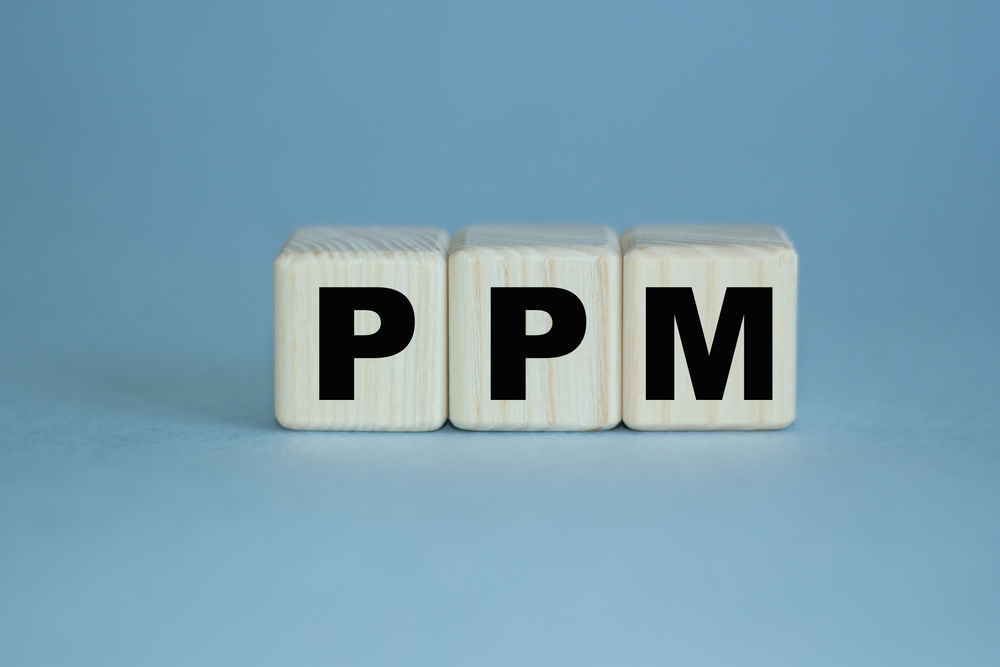Translation is far more than a mechanical process of converting words from one language to another; it is a delicate act of navigating cultural nuances, ethical responsibilities, and, at times, ideological influences. When dealing with sensitive topics such as politics or religion, translators face the complex challenge of balancing the need to accurately convey the source text’s meaning with the potential impact of ideology on their work. This balance is not merely a technical issue but a profound ethical one, as it directly shapes how information is transmitted across cultures and influences mutual understanding.
When translating sensitive content, ideology—encompassing political beliefs, cultural values, or religious convictions—can subtly or overtly affect the translation process. Translators may face pressure, whether from clients, publishers, or societal expectations, to adjust the text to align with the ideological preferences of the target audience, which can compromise the fidelity to the original message. For example, in literary translation, certain passages may be altered or omitted to make the text more acceptable to the target culture. A striking case is the early translations of Curzio Malaparte’s The Skin, where entire chapters were removed due to their controversial political or cultural content, altering the narrative’s integrity. Similarly, translations of Karl May’s adventure novels have been abbreviated or modified in some languages to suit different cultural sensibilities. These examples highlight the ethical dilemma translators face: should they remain faithful to the original author’s intent, even if it risks offending the target audience, or adapt the text to fit cultural or ideological norms, potentially sacrificing accuracy?
As mediators between cultures, translators bear significant ethical responsibilities. Beyond linguistic proficiency, they must possess cultural sensitivity and ethical judgment. Professional organizations, such as the American Translators Association (ATA), emphasize in their codes of ethics the importance of fidelity to the source text while ensuring clarity and appropriateness for the target audience. However, when clients or societal pressures demand adjustments to avoid controversy, translators may find themselves at a crossroads. For instance, when translating a political speech, a translator might need to decide whether to retain provocative phrasing or rephrase it to be more neutral. Such decisions not only affect the immediate communication but can also shape the target audience’s perception of the source culture, raising questions about the translator’s role in cultural representation.
To navigate these challenges, translators often employ strategies like foreignization or domestication. Foreignization preserves the cultural elements of the source text, allowing the target audience to experience its “foreignness,” while domestication adapts the text to align with the target culture’s norms and values. For example, when translating religious texts, a foreignizing approach might retain original theological terms to preserve their sanctity, whereas a domesticating approach might use more familiar expressions to enhance accessibility. The choice between these strategies depends on the translation’s purpose, the client’s expectations, and the translator’s ethical stance. Regardless of the approach, translators must maintain transparency in their decisions, ensuring that any adaptations are deliberate and ethically justified. This transparency fosters trust in the translation process and upholds professional integrity.
The rise of artificial intelligence (AI) in translation introduces additional ethical complexities. While AI tools excel at processing large volumes of text quickly, they often lack the cultural sensitivity and contextual understanding that human translators provide. This can lead to unintended biases or misinterpretations, particularly in politically or religiously charged texts where subtle nuances are critical. For instance, an AI tool might fail to capture the tone of a religious sermon, resulting in a translation that feels flat or misleading. This underscores the importance of human oversight in translation, especially for sensitive topics. Translators must work alongside AI tools, ensuring that their use aligns with ethical standards and preserves the accuracy and cultural appropriateness of the translation.
Translation ethics are further guided by professional norms. Many translation associations provide clear guidelines that emphasize principles such as confidentiality, impartiality, and respect for the source text. The ATA’s code, for example, urges translators to remain neutral and avoid biases that could distort the translation. These guidelines serve as a framework for navigating complex situations, helping translators make decisions that align with professional standards. Moreover, ongoing education about cultural and ideological differences is essential. By deepening their understanding of both source and target cultures, translators can better anticipate and address ideological challenges, ensuring that their work remains accurate and respectful.
In some cases, translators face direct pressure from clients or publishers to align translations with specific ideological agendas. For example, when translating political propaganda, a client might request that certain sensitive terms be softened to avoid controversy. Such requests can conflict with the translator’s ethical principles, forcing them to decide whether to accept the task or negotiate a more balanced approach. Effective communication with clients is crucial in these situations, allowing translators to clarify the goals of the translation and address potential ethical concerns while maintaining professional integrity.
The long-term impact of translation on cultural transmission is another critical consideration. Translations do not merely convey information; they shape how the target audience perceives the source culture. Omitting or altering content can lead to misunderstandings or even influence the formation of cultural canons. This “cultural shaping” effect is particularly pronounced in political or religious translations, where texts often carry strong ideological weight. Translators must therefore weigh the immediate goals of their work, such as meeting client needs, against the broader implications of their choices, such as ensuring accurate cultural representation.
In conclusion, translation ethics, particularly the challenge of balancing accuracy with ideology, demands a high degree of professional skill and ethical awareness. By adhering to professional codes, pursuing ongoing cultural education, and carefully applying translation strategies, translators can navigate the delicate balance between fidelity to the source text and sensitivity to the target culture. The integration of AI further complicates these considerations, but the human translator’s cultural insight and ethical judgment remain indispensable. Through a commitment to accuracy, cultural sensitivity, and professional integrity, translators can foster genuine cross-cultural understanding, ensuring that their work respects the diversity of global perspectives.
Looking for accurate, culturally sensitive, and ethically sound translation services? Contact Artlangs Translation today!











